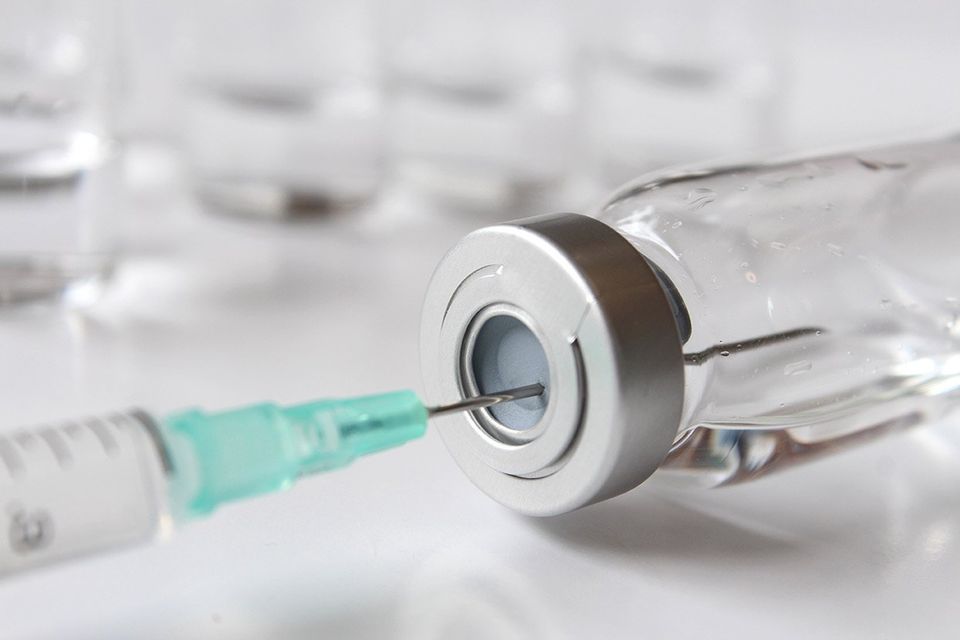Immunisations
Dr Nick Barnes • August 1, 2019
The immunisations in the UK routine schedule can protect your child against some potentially very dangerous infections

Much has been written about the safety of immunisations, and the internet is awash with fact, opinion and misinformation. If you are having any doubts about immunising your child, read more...
Read about infectious diseases and immunisation in more detail
The UK routine immunisation schedule can protect your child against some extremely nasty infections. In stark terms, infections that in previous generations tragically killed countless children and caused life-spoiling complications in many more. My memories of caring for children with meninogococcal blood poisoning, streptococcal meningitis or life-threatening whooping cough (to recall just a few) remind me of how fortunate today's children are in having the opportunity for protection against such potentially catastrophic and heartbreaking infections. Hope, expectation and opportunity, all cut devastatingly short when the lightning bolt struck...
I am unashamedly pro-vaccination, and with very rare exceptions, I recommend children are fully protected. Rightly though, modern medicine fosters a more mature and open culture with parents, who want to make informed decisions about their child's care and be sure they are 'doing the right thing '. Every month in practice I hear parents describe an 'urban myth' vaccination risk. Leukaemia, autism, immune system overload. Brain damage, bowel disease, epilepsy. What to believe online? Where can anxious parents find the facts?
The Green Book (on www.gov.uk) is my go-to reference source, and although a heavy tome, is open access to all. For example, if you have anxiety about questions such as 'How safe is MMR?' or 'Does the whooping cough vaccine cause brain damage?', you will find balanced, science-based, unemotional evidence. Useful information can also be found at www.nhs.uk.
Practical health advice for your child from a private paediatrician

The thought of one's child being infected with COVID can be frightening, but virtually all recover very quickly without the need for any specific treatment, admission to hospital or long term consequence. With such a wealth of information available on-line it can difficult to know where to start to access reliable advice. The Royal College of Paediatrics and Child Health (rcpch.ac.uk) has some excellent free resources for parents, including guidance on vaccination for 12-15 year olds, the use of anti-inflammatory medicines and which children and young children are considered to be clinically vulnerable during the pandemic. The site www.nhs.uk also has a helpful dedicated section on COVID 19 in children that includes a description of typical symptoms and how to get help when you need it.

Many parents will be all too aware of tragic stories that appear periodically in the media reporting the sudden death of a seemingly perfectly fit and well child whilst exercising, understandably provoking the question 'Should we have our child screened?'. Mercifully, these cases are very rare, but screening can play a useful role in reducing risk significantly, although not completely. A simple history assessment, examination, ECG and heart ultrasound can detect many of the dangerous heart structural and electrical rhythm abnormalities, years before they become symptomatic. Charitable organisations such as 'Cardiac Risk in the Young' (www.c-r-y.org.uk) have well established succesful screening programmes, and in some countries e.g. Italy, it is mandatory for all young people engaged in organised sport to undergo screening, significantly reducing the risk of young sudden cardiac death. If you would like your child screened, please contact my personal assistant.

Department of Health guidance suggests that you should start weaning your baby at around 6 months of age. Whilst I certainly recommend that to most families, babies with reflux may benefit from starting a little earlier, perhaps from as early as 4 months of age. Solids tend to stay down better than milk in refluxing babies, and this is a phenomenon we try and take advantage of in very young babies for whom adding carobel (a starch-based thickener) to their milk can often help reduce vomiting significantly.
An area that causes confusion and uncertainty is when to wean babies born prematurely, as the evidence for when to start solids in this group is sparse. Should you wait until they are 6 months old? Or 6 months past their due date? Certainly the degree of prematurity is important, and a baby born 3 months premature will behave very differently to one born just a few weeks early. Whatever their age, it is certainly important that a weaning baby is able to hold their head steady supported in a high chair.